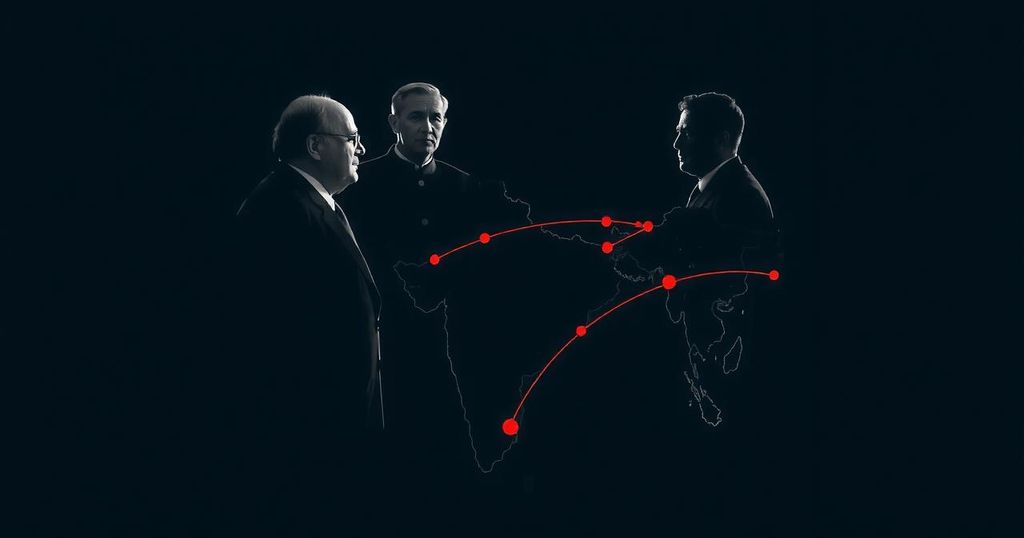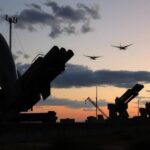Sri Lanka’s New Leadership: Balancing Relations with India and China
Anura Kumara Dissanayake’s election as Sri Lanka’s president presents a challenge of balancing relations between regional powers India and China. His administration must address domestic economic issues while navigating the geopolitical rivalry and historical ties with both nations. With a potential inclination towards Chinese investment, Dissanayake must also engage constructively with India to maintain regional stability.
The recent election of Anura Kumara Dissanayake as Sri Lanka’s president presents a significant opportunity for the leader to redefine the nation’s foreign relations, particularly in balancing ties with India and China. As the head of the Marxist National People’s Power coalition, which claims a commitment to free-market principles despite its ideological roots, Dissanayake faces the critical challenge of addressing the country’s economic crisis while managing the competing influences of these two regional powerhouses. With China’s Belt and Road Initiative already heavily invested in Sri Lanka, Dissanayake’s potential pivot toward Chinese investment, albeit cautiously due to past issues of excessive debt, seems plausible. Simultaneously, his party has a history of criticizing Indian expansionism in the region, which raises questions about his approach to India, especially given its strategic importance to Sri Lanka as a neighbor. This delicate balancing act is made more complex by the nationalistic sentiments of his domestic supporters who may favor closer ties with China. As a country strategically located on significant shipping routes, Sri Lanka has historically been a focal point for both India and China, each vying for influence over the island’s political and economic landscape. The political dynamics in the region have seen other neighboring nations aligning more closely with China, thereby possibly reducing India’s traditional sway, which further complicates Dissanayake’s position. Analysts indicate that Dissanayake may initially lean towards China to solidify his position domestically but will also recognize the necessity of engaging constructively with India to ensure regional stability. Overall, the coming months will be pivotal for Dissanayake as he attempts to navigate these complex relationships while fulfilling his promises to revitalize the Sri Lankan economy and address the public’s immediate needs.
Sri Lanka, a strategically located island nation, has historically found itself at the intersection of competition between regional powers India and China. The new president, Anura Kumara Dissanayake, must navigate these turbulent waters to ensure both foreign investment and national stability following a severe economic crisis. Dissanayake’s political background as a member of a traditionally pro-China party presents a unique challenge given the need for balanced diplomacy with India. The ongoing geopolitical tensions, coupled with past criticisms of foreign involvement, add layers of complexity to Sri Lanka’s foreign relations under Dissanayake’s leadership.
In conclusion, President Anura Kumara Dissanayake’s administration will face the critical task of balancing Sri Lanka’s foreign relations between India and China amid an economic recovery. His ability to navigate these complex ties while addressing the demands of his electorate will be essential for ensuring both national stability and economic revitalization.
Original Source: apnews.com








Post Comment